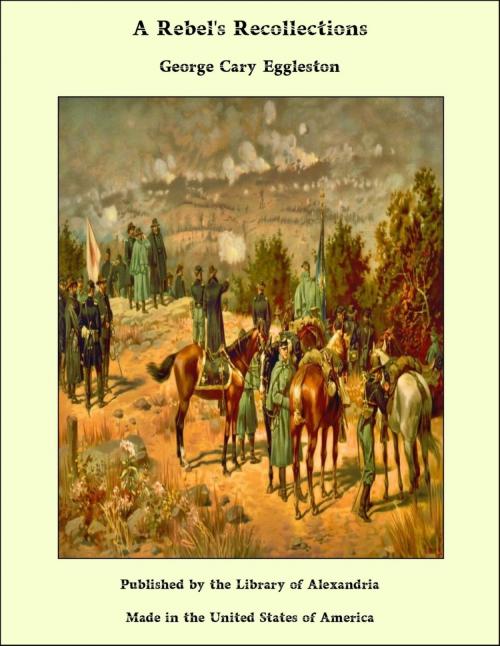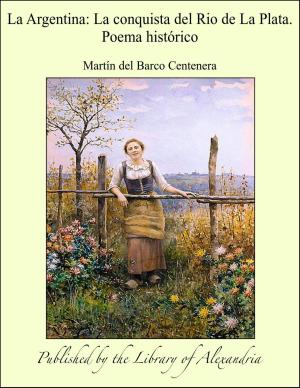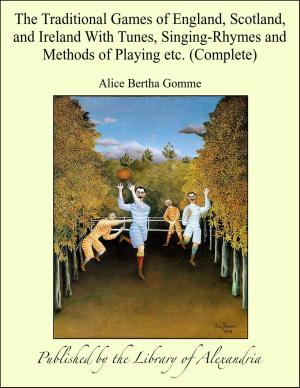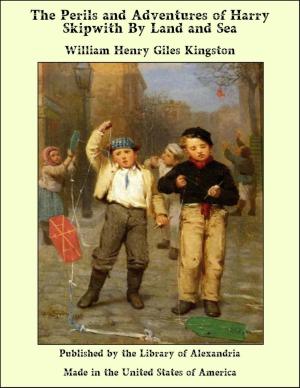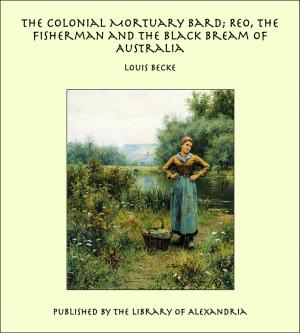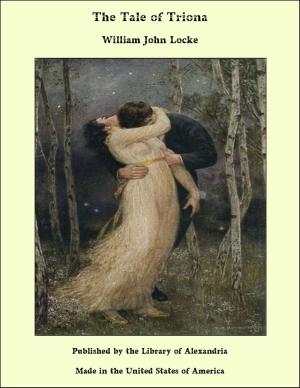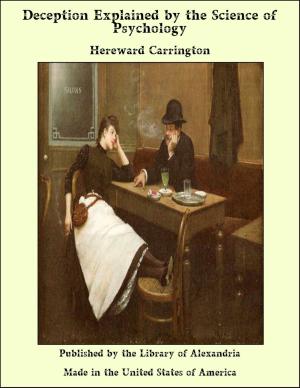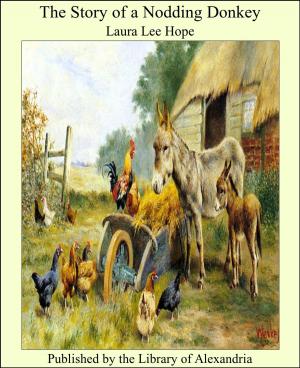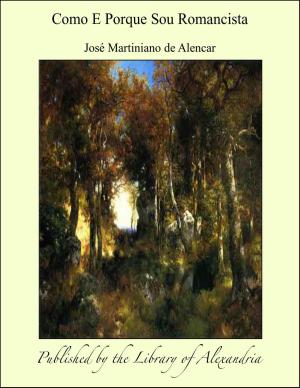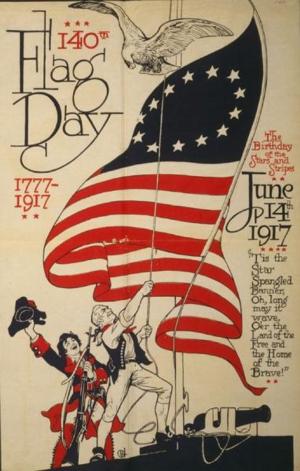| Author: | George Cary Eggleston | ISBN: | 9781465504586 |
| Publisher: | Library of Alexandria | Publication: | March 8, 2015 |
| Imprint: | Language: | English |
| Author: | George Cary Eggleston |
| ISBN: | 9781465504586 |
| Publisher: | Library of Alexandria |
| Publication: | March 8, 2015 |
| Imprint: | |
| Language: | English |
It was a very beautiful and enjoyable life that the Virginians led in that ancient time, for it certainly seems ages ago, before the war came to turn ideas upside down and convert the picturesque commonwealth into a commonplace, modern state. It was a soft, dreamy, deliciously quiet life, a life of repose, an old life, with all its sharp corners and rough surfaces long ago worn round and smooth. Everything fitted everything else, and every point in it was so well settled as to leave no work of improvement for anybody to do. The Virginians were satisfied with things as they were, and if there were reformers born among them, they went elsewhere to work changes. Society in the Old Dominion was like a well rolled and closely packed gravel walk, in which each pebble has found precisely the place it fits best. There was no giving way under one's feet, no uncomfortable grinding of loose materials as one walked about over the firm and long-used ways of the Virginian social life. Let me hasten to say that I do not altogether approve of that life by any means. That would be flat blasphemy against the god Progress, and I have no stomach for martyrdom, even of our modern, fireless sort. I frankly admit in the outset, therefore, that the Virginians of that old time, between which and the present there is so great a gulf fixed, were idle people. I am aware that they were, when I lived among them, extravagant for the most part, and in debt altogether. It were useless to deny that they habitually violated all the wise precepts laid down in the published writings of Poor Richard, and set at naught the whole gospel of thrift. But their way of living was nevertheless a very agreeable one to share or to contemplate, the more because there was nothing else like it anywhere in the land. A whole community, with as nearly as possible nothing to do, is apt to develop a considerable genius for enjoyment, and the Virginians, during somewhat more than two centuries of earnest and united effort in that direction, had partly discovered and partly created both a science and an art of pleasant living. Add to idleness and freedom from business cares a climate so perfect that existence itself is a luxury within their borders, and we shall find no room for wonder that these people learned how to enjoy themselves. What they learned, in this regard, they remembered too. Habits and customs once found good were retained, I will not say carefully,—for that would imply effort, and the Virginians avoided effort always,—but tenaciously. The Virginians were born conservatives, constitutionally opposed to change. They loved the old because it was old, and disliked the new, if for no better reason, because it was new; for newness and rawness were well-nigh the same in their eyes.
It was a very beautiful and enjoyable life that the Virginians led in that ancient time, for it certainly seems ages ago, before the war came to turn ideas upside down and convert the picturesque commonwealth into a commonplace, modern state. It was a soft, dreamy, deliciously quiet life, a life of repose, an old life, with all its sharp corners and rough surfaces long ago worn round and smooth. Everything fitted everything else, and every point in it was so well settled as to leave no work of improvement for anybody to do. The Virginians were satisfied with things as they were, and if there were reformers born among them, they went elsewhere to work changes. Society in the Old Dominion was like a well rolled and closely packed gravel walk, in which each pebble has found precisely the place it fits best. There was no giving way under one's feet, no uncomfortable grinding of loose materials as one walked about over the firm and long-used ways of the Virginian social life. Let me hasten to say that I do not altogether approve of that life by any means. That would be flat blasphemy against the god Progress, and I have no stomach for martyrdom, even of our modern, fireless sort. I frankly admit in the outset, therefore, that the Virginians of that old time, between which and the present there is so great a gulf fixed, were idle people. I am aware that they were, when I lived among them, extravagant for the most part, and in debt altogether. It were useless to deny that they habitually violated all the wise precepts laid down in the published writings of Poor Richard, and set at naught the whole gospel of thrift. But their way of living was nevertheless a very agreeable one to share or to contemplate, the more because there was nothing else like it anywhere in the land. A whole community, with as nearly as possible nothing to do, is apt to develop a considerable genius for enjoyment, and the Virginians, during somewhat more than two centuries of earnest and united effort in that direction, had partly discovered and partly created both a science and an art of pleasant living. Add to idleness and freedom from business cares a climate so perfect that existence itself is a luxury within their borders, and we shall find no room for wonder that these people learned how to enjoy themselves. What they learned, in this regard, they remembered too. Habits and customs once found good were retained, I will not say carefully,—for that would imply effort, and the Virginians avoided effort always,—but tenaciously. The Virginians were born conservatives, constitutionally opposed to change. They loved the old because it was old, and disliked the new, if for no better reason, because it was new; for newness and rawness were well-nigh the same in their eyes.
